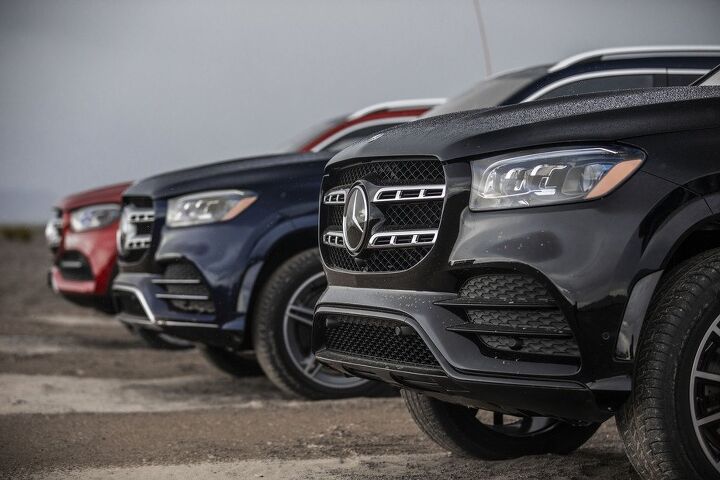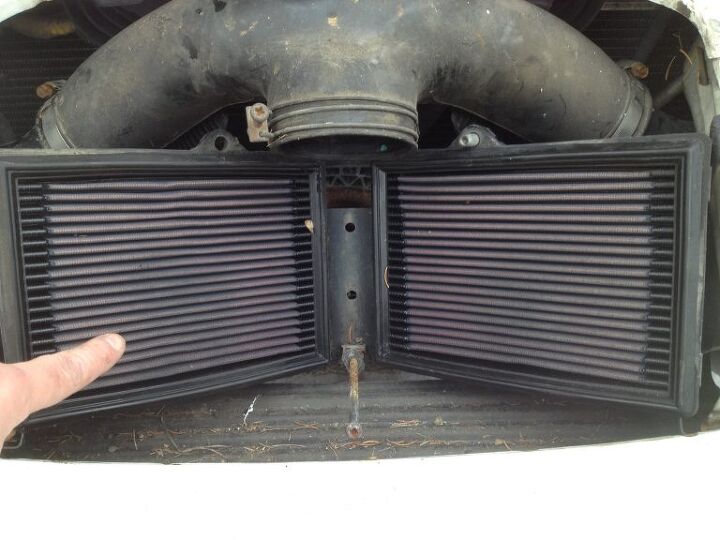#AirFiltration
Pandemic to Influence Automotive Design; Here Come the Premium Air Filters
With the pandemic altering daily life for just about everyone alive, the slogan “the new normal” has exploded into popular parlance. Everything has changed and nothing, allegedly, will ever be the same. Governments are issuing stringent lockdown orders the likes of which haven’t been seen in our lifetimes, companies are initiating aggressive new health protocols, and gigantic tech firms are deciding what constitutes harmful information online as they act as censors for the public good. Worst of all, there’s little reason to drive anywhere — unless you’re planning on bugging out to live in the woods.
Whatever form society takes after the pandemic subsides, those eerily empty roads probably won’t be among the lingering changes. People are already chomping at the bit to get out there and do something, meaning most folks will return to their road-going ways. Which doesn’t mean COVID-19 won’t have an influence on future designs. Automakers are already mulling the possibility of adding better air filtration systems as a selling point.
Piston Slap: An Air Filtration Fallacy?
Dear Sajeev,
I can remember many times where I’d hear, in passing, someone say that K&Ns and other performance air filters were actually bad for my car… daily or otherwise. Their argument was always that the performance filters allowed that 1 percent of dirt to get through. This argument came up again as Engineering Explained did an air filter comparison. His tests showed a small increase in power at a very minor risk of extra dirt (which seems to be less than 1 percent in many cases).
My question is: If an engine is an air pump and you’re filtering the majority of the dirty out, who cares about the 1 percent that gets through and enters the combustion chamber? When was the last time you heard of an engine dying due to dirty air?

















Recent Comments